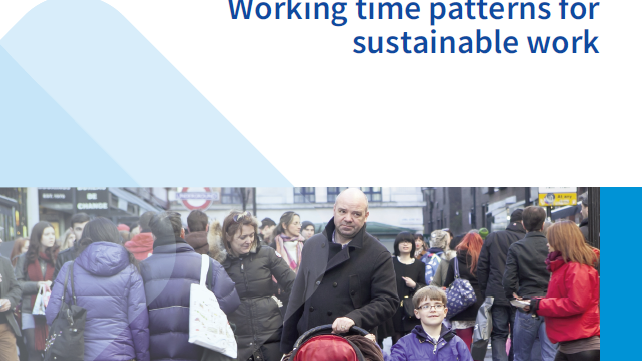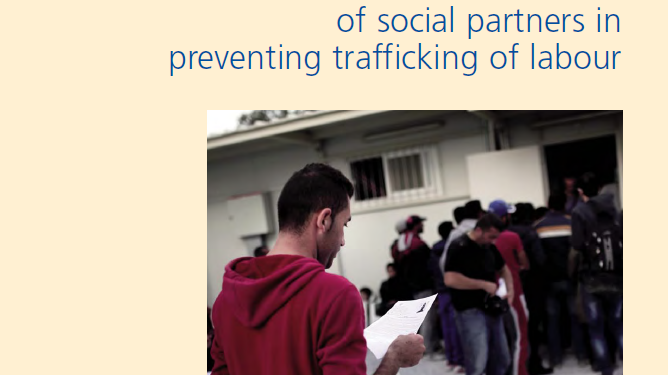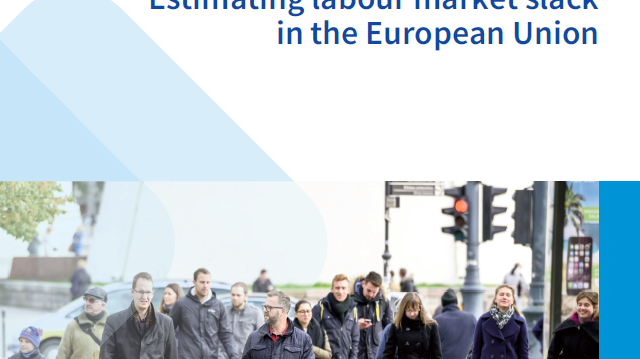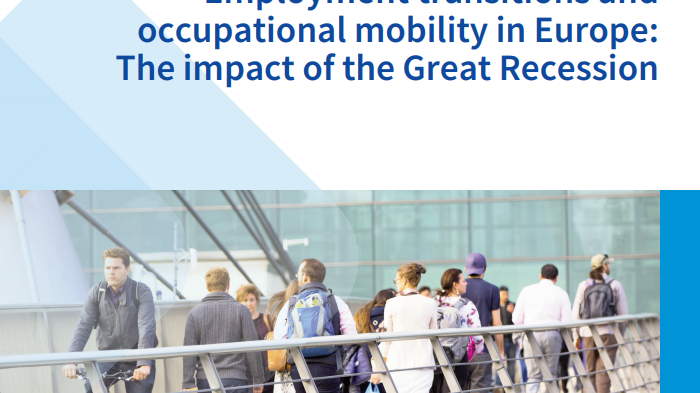Four out of five workers in Europe happy with working time ‘fit’
81% of workers say their working hours fit well, or very well, with their private life obligations. However men continue to have longer working hours (on average 6.5 hours per week more than women) and report more difficulties adapting working time to family life or other commitments.




















